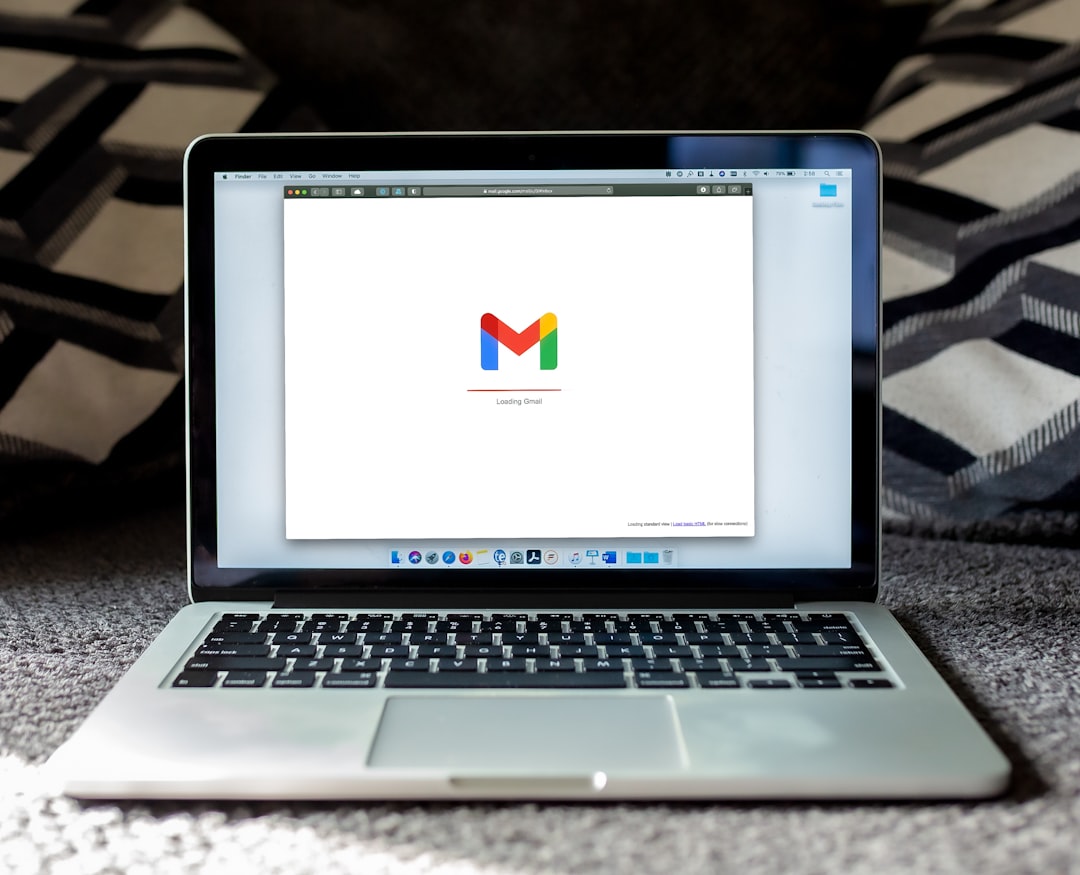-5.jpg?crop=entropy&cs=tinysrgb&fit=max&fm=jpg&ixid=MnwyNzIzMTl8MHwxfHNlYXJjaHw4M3x8b25saW5lLXNlY3VyaXR5fGVufDB8MHx8fDE2MzU4ODQxMTE&ixlib=rb-1.2.1&q=80&w=1080)
The Internet – a huge network of computers, connected to share information within each other. That means it is a network of terminals where each of them resembles a portal for a user to connect to this vast community of information sharing, commercial trading, entertainment, and many other things.
While you are so obsessed with your involvement in the internet busy sharing data between each portal, the unexpected arise – you found that your PayPal account has a less amount that you used to have, your usual private email was accessed by someone else opening all your unread emails, worse come to worst your kinky picture of you with your girlfriend started to show up in online forums.
This all relates to your personal stuffs you are trying to keep from the public in the internet. Stuffs that you will only hope to let you or a very small or particular group of people to know. Yet, hackers either by monetary benefit or just plain old fun are still out there to try to prove that the virtual security is still breakable, easily.
So how can we protect our personal information from leaking into the virtual public? The answer is – not easy. An example is, for every click or keyboard entry, there is a chance that your input to the webpage is logged by a keyboard logger, for every freeware or shareware you’ve downloaded, there is a chance to have the keyboard logger installed secretly to your computer. True to us that this is a common tactic used by hackers around, but small precautions from us will avoid getting more information leaked around.
Websites collect information when a user visits them via cookies. This information stays in your hard drive to allow stored data if you have downloaded anything large in size, the cookies will be used to provide faster page opening time, so if you’ve downloaded a lot of stuff, you will get more offers during a short time. Filling an online payment form will also trigger the cookies to keep a copy of what you’ve typed. So stop and think before you click!
A common trick of identity thieves is to send you an email that looks like it has been made by a financial institution. The email will ask you to confirm your online banking details, or to log in to your account to update some account numbers, etc. It looks real, because it actually is from the bank and they have to approve a certain scenario to be able to send you these details. By clicking the link, you will then be taken to the presumed website and asked to enter your details to fill in the form. If you’re not sure where the link comes from, then the delete it button should be the first thing that pops in your browser.
Whilst these emails can be annoying, they’re not likely to cause you personally problems. If you get one of those emails, then report it to your bank and the police if necessary so that these can act as a deterrent.
Not to worry, the chances are that even if you are unlucky enough to be a victim of a hacker, you won’t morals that important information. So if you want to minimize the risk, go ahead and take the extra step to protect your self.
And remember, never send anyone else out your private details. Because they can use them to target you permanently. And remember, these accounts are only real if you have the private chat watching on you. So make sure that you have the technical and illegalities covered.













